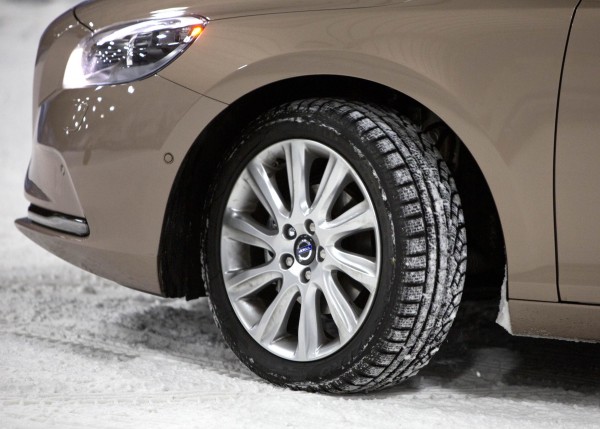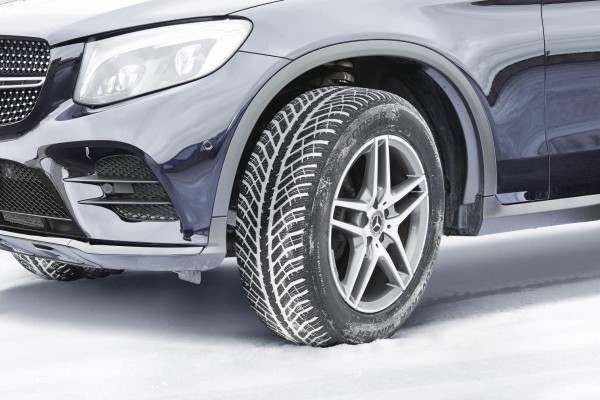Winter tyres: time to fit them?
The cold seasons are coming, should you fit winter tyres?

Winter is coming — which means it’s time to prepare ourselves for the cold months.
The big coats come out, the woolly socks are bought and we get ready for our heating bills to go up.
We spend a lot preparing ourselves for the winter season, but what about our cars? More specifically, the tyres we choose to use?

You may have considered buying winter tyres, but are they worth the cost?
What are winter tyres?
As the name suggests, winter tyres are designed to be used specially in the colder months of the year.
They’re made from a softer rubber compound than ‘normal’ tyres, meaning they heat up faster and operate better at lower temperatures — as well as having a different tread pattern to cut through snow and sleet easier.
What are the benefits?
Compared to all-year or summer tyres, if winter boots are used in near-freezing temperatures, they’re going to provide more grip as a result of heating faster.
In countries that experience ferocious winters, they’re sworn by when the cold months come as they’re a lot safer and more effective with rougher terrain.

That’s not as much of a problem in the UK, but it doesn’t mean they’re obsolete here. They’re safer and, if the rare deep snows come, more likely to get you to work (we’ll let you decide if that’s an upside.)
How much do they cost?
The cost of winter tyres varies by your car and the quality of brand you choose.
Compare them with all-season tyres, though, and you can expect to pay around 10 per cent less for a winter set — that may sound like a tempting option, but bear in mind they’re only effective during the cold months.
However, if you do switch between summer and winter tyres, you may save yourself money in the long run with less
Is it safe to stay with ‘normal’ tyres?
Most probably, yes. Although winter tyres do work better in cold temperatures, all-season tyres that are fitted on a vehicle from the factory are more than adequate if you’re driving in urban areas or even the occasional country lane.
If you have a performance-focused vehicle, switching to winter tyres could be a wise choice if you plan on using it daily. As many are equipped with near-slick tyres designed for high- speed driving, they’re the polar opposite to winter tyres and are likely to put you in a sticky situation in rough weather.
So, should I fit them?
That depends on a lot of things — if you’ve got a performance car you plan to use across the winter, or plan on taking on some rougher country roads, the rugged nature of winter tyres may carry you through to Spring.
On the other hand, if your car is merely a tool to go to and from work in urban areas, you can probably stick with all-seasons and exercise some caution in tough weather.
Should winter tyres be the way for you, always ensure you get the right set for your vehicle and shop around for the best deal.





